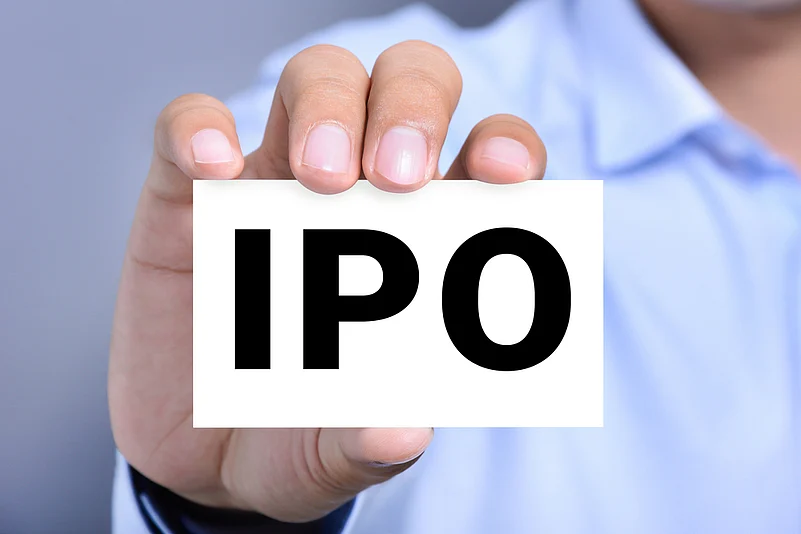The much-awaited Rs 9,000-crore initial public offering (IPO) of SBI Cards and Payment Services will open for subscription on March 2 with price range fixed at Rs 750 to Rs 755 per share. The anticipated IPO has created a kind of frenzy with investors and analysts hyping it up as a big catch. The lot size, or the minimum number of shares to be subscribed, has been fixed at 19 shares and the issue will close on March 5.
Before you decide to invest in SBI Cards and Payment Services, here are some things you must know before you make that investment decision:
What is an IPO: When a privately held company decides to “go public” by making its shares available to investors on the stock market, it does so through an initial public offering or an IPO. These can be newly issued shares or those previously held by the founders and early investors. Those who invest in an IPO are among the first investors to buy shares in the company after it goes public.
Does investing in IPO always lead to big profits: While some investors have gotten lucky and the IPOs they invested in brought them huge dividends and profits through the rising value of the shares, it doesn’t mean everyone gets the same returns. A stock’s price can also drop soon after the IPO resulting in massive losses for the investors. For example, the ICICI Securities IPO, which was listed in April 2018, had a listing price of Rs 519 to Rs 520 per share. However, soon after the issue, its price kept falling and it closed 15 per cent below the issue price on its market debut.
Sometimes it is better to wait: Taking the example of the ICICI Securities forward, those who invested in the IPO are yet to recover their money as even two years after the issue, the stock has so far failed to hit the price range of its issue price in the stock market. On Feb 25, 2020, it closed at Rs 502.25. So it seems like a bad investment. However, those who waited and invested in the share a month later (at Rs 370 apiece) or six months to one year later (at around Rs 190 to 230 apiece) found themselves to be better off. If they still hold the share, they are sitting on a profit of up to 150 per cent.
So is investing in IPO a bad idea: IPOs can sometimes mean great opportunities to buy a share at a price that one can call a steal. So if one comes across a company that is valued below what it is actually worth, one should surely make use of that opportunity. However, these days, IPOs are much more scrutinized and publicized and hence getting a hot tip that few people are aware of is less likely to happen for a regular investor.
Bottom line: The stock market is all about timing – when you enter the market and when you exit it. Sometimes, the timing is right during the IPO and sometimes, it’s better to wait. Make a call depending on how much risk you can take and how good the fundamentals of the company are with respect to its valuation. And if you decide to take a chance at an IPO, do objective research, select a company that has a strong underwriter, and always read the prospectus. Be skeptical as when it comes to the IPO market, a skeptical and informed investor is likely to fare better than one who is not.































